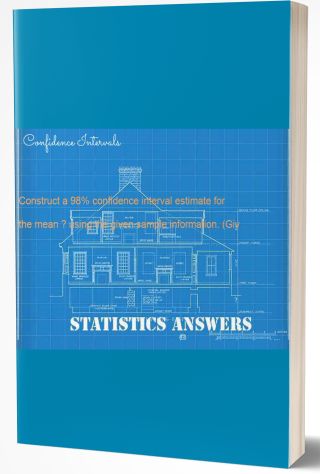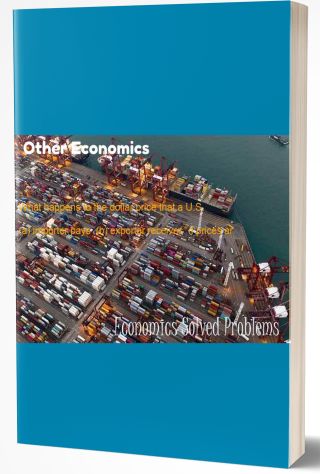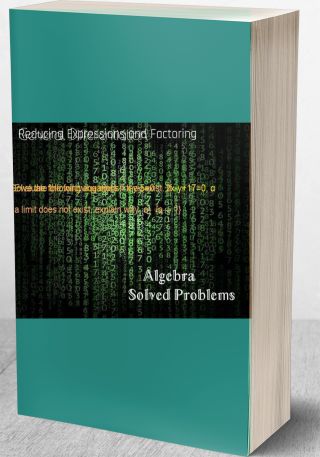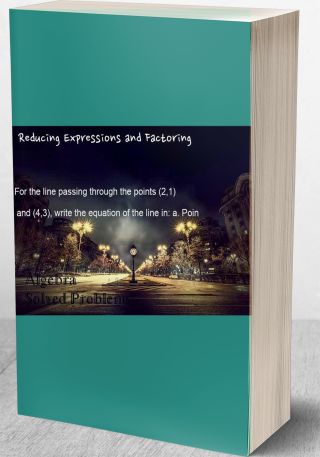Traditional trade theory is basically a static theory of international exchange (i.e. it only focuse
Question: Traditional trade theory is basically a static theory of international exchange (i.e. it only focuses on a point in time) leading to certain conclusions about the benefits likely to accrue to all participants. Explain both the limitations of this static perspective and discuss why dynamic elements are important (i.e. \dynamic" means refers to trade policy and openness over time). Provide two specific historical examples (other than the examples given in class from Korea, the US, and England) that illustrate your points about how good trade policy might differ if we have a dynamic rather than just static perspective. (Hint: the Ha-Joon Chang chapters from Bad Samaritans will help you immensely with this problem.)
Price: $2.99
Answer: The solution consists of 2 pages
Solution Format: Word Document
Solution Format: Word Document




![[Solution] How do the concepts of accounting profit and economic profit differ? Why is economic profit smaller #17089 Other Economics](/images/downloads-images/featured/Economics-question-15924.jpg)
![[Solved] Characterize the short run equilibrium of a perfectly competitive industry. #3059 Other Economics](/images/downloads-images/featured/Economics-question-22688.jpg)

